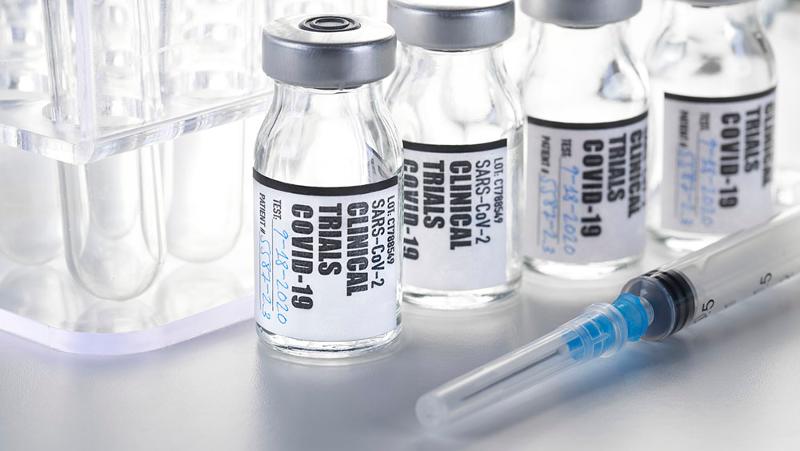
While the Trump administration trumpets Operation Warp Speed's search for COVID-19 vaccine, it is unwilling to collaborate with the world's scientists who share their COVID-19 findings and have pledged to make a vaccine affordable and accessible for everyone.
- The US out of step with global collaboration on COVID-19 vaccine
- WHO has set up a global collaboration to speed up development of vaccine & treatments
- Some pharmaceutical and biotechnology companies unwilling to join global initiatives
- Strong push from Australia, NZ and Germany's leaders to make COVID-19 vaccine affordable & accessible to all
- Many countries will use compulsory licensing or 'crown use' laws to make vaccine universally available
QUT Intellectual Property Professor Matthew Rimmer, from the Faculty of Law, said there was concern that the US would take an "America First" approach to COVID-19 diagnostics, therapeutics and vaccines.
"This stance would go against the global tide of co-operation and collaboration of countries, institutions, companies and international organisations in the COVID-19 battle," said Professor Rimmer, who is an expert on access to essential medicines having edited Incentives for Global Public Health and written numerous publications on patent law and public health.
"Everywhere we see calls to make a safe, effective vaccine available to everyone at an affordable cost.
"Australia and New Zealand have played a productive, diplomatic role in encouraging co-operative efforts in coronavirus COVID-19 research.

"Prime Minister Scott Morrison calls for development of 'a safe vaccine, available to all, affordable to all' and New Zealand Prime Minister Jacinda Ardern says 'we will advocate for universal access for any treatments and vaccines'.
"German Chancellor Angela Merkel has said 'only a global solution will overcome the pandemic. This is a test of our generation's kindness.'"
Professor Rimmer said WHO had set up the ACT Accelerator, a global collaboration to hasten development, production and equitable access to new COVID-19 technologies.
"The Medicines Patent Pool has expanded its mandate to include COVID-19 related technologies and WHO and Costa Rica have established a COVID-19 Technology Access Pool.
"Some pharmaceutical companies and biotechnology developers, however, have been unwilling to join this voluntary initiative."
Professor Rimmer said universities and public research organisations played a key role in developing vaccines and treatments.
"Stanford University and several others are engaged in public sector licensing of intellectual property (IP) for the purpose of making products to prevent, diagnose and treat COVID-19 during the pandemic," he said.
"Universities Allied for Essential Research have called upon public research institutions to 'free the vaccine'.
"Even companies such as HP Enterprises, Intel, IBM, Amazon, Facebook and Uber have taken the Open COVID-19 Pledge to make their IP available free of charge for use in ending the COVID-19 pandemic and minimizing the impact of the disease."
Professor Rimmer said the world's reaction to the pandemic was testing the strengths, limits and flexibilities of patent law.
"While providing exclusive rights to novel, useful inventions, patent law also provides for mechanisms to allow for public access to inventions to enable technology transfer, promote public health and support competition," he said.
"We need to learn from past history of unruly competition and rent-seeking in therapies for other epidemics such as HIV/AIDS, tuberculosis, SARS, bird and swine 'flus and collaborate.
"Canada, Israel, Ecuador, Chile and Germany among others have indicated they would allow compulsory licensing during the pandemic if needed.
"Similarly, Australia has warned it would use its crown use powers if patent inventors engaged in profiteering from essential inventions.
"Both the WTO's Trade-Related Aspects of Intellectual Property Rights (TRIPS) agreement and Doha Declaration allow nations to use patent flexibilities such as compulsory licensing and crown use to address public health epidemics."






